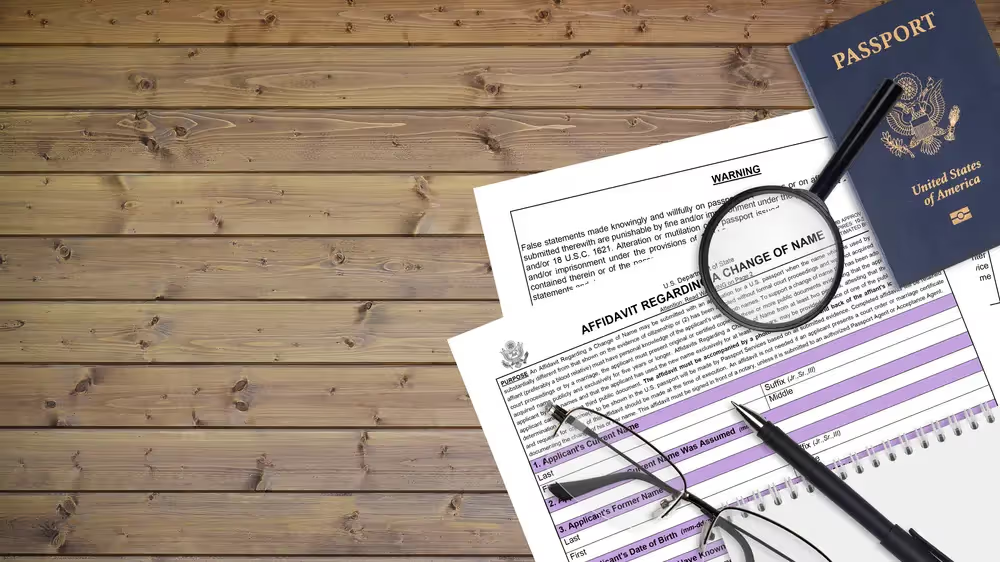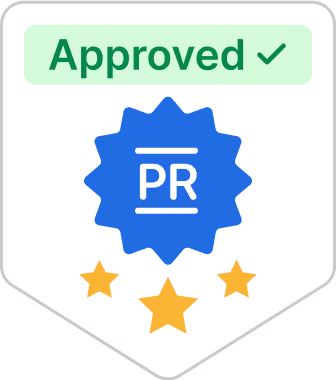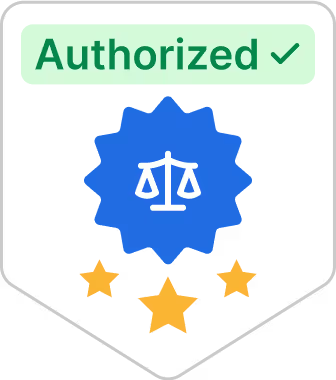How much is it to change your name in the U.S.?

If you’ve been thinking about how to change your name legally, you’ll need to fill out the proper paperwork and appear before a judge before you can make the legal change and begin to officially use your new title.
But how much is it to change your name legally in the U.S.?
Whether you’re wondering how to change your name after marriage or how to change your name on your passport, the question of cost will always be present. Unfortunately, that question doesn’t come with the most straightforward answer. Generally, you can expect to pay anywhere between $50 and $500 to obtain a court order to change your name. However, the cost of changing your name will depend on several factors, including what state you live in, why you’re changing your name, and which methods you use to complete the change request process.
That said, this guide will walk you through several fees you may encounter along the way.
Costs of changing your name
When changing your name, there isn’t a one-time payment you make upfront. Yes, you’ll have to pay certain court costs when you initiate the legal name change process (we’ll get to that in a minute), but you may also come across a few additional costs depending on the state you live in.
From court fees to the cost of publishing your new name in your local newspaper, here are all the big and little fees you can expect to pay when you’re legally changing your name.
The filing fee
No matter where in the country you live, the first major expense you’ll encounter on your journey to a new name is the filing fee. Typically, it’s paid at the clerk’s office when you file your change form or petition in the form of:
- Cash
- Credit card
- Money order
Keep in mind that many court districts do not accept personal checks as a form of payment.
This fee can vary from state to state, sometimes considerably—you can expect to pay anywhere from $100 to $500. Depending on your state, the county you live in may also affect the filing fee amount. For example, Cook County, IL., charges $388 to file your name change petition, while neighboring Lake County charges $291.
For the most accurate information about where you live, check with your county clerk’s office. They’ll be able to facilitate the process and answer any questions you may have.
Attorney’s fees
Many people choose to hire an attorney to guide them through the name change process. Although a lawyer isn’t necessary, having one on hand can be useful when it comes to understanding the complex name change process, filling out the proper forms correctly, and filing the necessary paperwork.
However, a lawyer can be pricey. Location plays a big factor in how much a law firm will charge, but generally, you should expect to be charged:
- $200–$400 per hour in metropolitan areas
- $100–$200 per hour in rural areas
Some people skip the lawyer in favor of using an online service to help with the name change and legal document process. These services are rarely free, so leave some room in your budget if you opt for one of these services.
Miscellaneous fees
Finally, there are several other expenses that you need to allot for when changing your name. From formally announcing your new name in your local newspaper to updating all of your important documents, there are many costs to consider such as a publication fee or a fee for legal advice.
For that reason, it’s advisable to make a list of all the agencies you need to contact before you begin the legal name change process. Then, you can reach out to those agencies and institutions to find out how much you’ll need to pay.
Many of the agencies you’ll need to contact will require a copy of your certified name change document. That means you’ll need to request a couple of additional copies, for which the court will likely charge you a small fee per copy.
For example, in some Illinois court districts, the fee is $6 for the first copy and $15 per additional copy.
In addition, you’ll also have to set money aside for:
- Identification documents – You can obtain some of your new identification cards for free, such as your social security card and, in some cases, your passport. However, your local DMV is likely to charge you for a new ID or driver’s license.
- Newspaper announcement – Most states require you to formally announce your name change by taking out an ad in your city’s newspaper. The cost for publishing your name in the paper can range from $80 to $120.
- State-specific legal fees – Some states require extra steps, such as background checks or fingerprint checks, for which you’ll likely have to pay. Your clerk’s office will have all of this information, so if you’re trying to make a budget, reach out to them to inquire about the various associated fees you may have to pay, beyond your filing fee.
Your time is valuable. While changing your name comes with a fee, using Gov+ throughout the process will save you time and effort. Get started with your name change right now online with Gov+.
Sources:
- Legal Zoom. How Much Money Does It Cost to Change a Name? https://www.legalzoom.com/articles/how-much-money-does-it-cost-to-change-a-name#
- Cook County Court. A Guide to Procedures in Change of Name Proceedings. https://www.cookcountycourt.org/ABOUT-THE-COURT/County-Department/County-Division/Change-of-Name-Proceedings
- 19th Judicial Circuit Court, IL. Name Change for Adults. https://www.19thcircuitcourt.state.il.us/1398/Name-Change-for-Adults
- Go Banking Rates. How to Change Your Name for Less Money. https://www.gobankingrates.com/saving-money/savings-advice/how-to-change-your-name-cost/#
- 19th Judicial Court, IL. Name Change for Adults. https://www.19thcircuitcourt.state.il.us/1398/Name-Change-for-Adults#
- Answers to All. How Much Does It Cost to Publish Name Change in Newspaper? https://answers-all.com/popular/how-much-does-it-cost-to-publish-name-change-in-newspaper/























